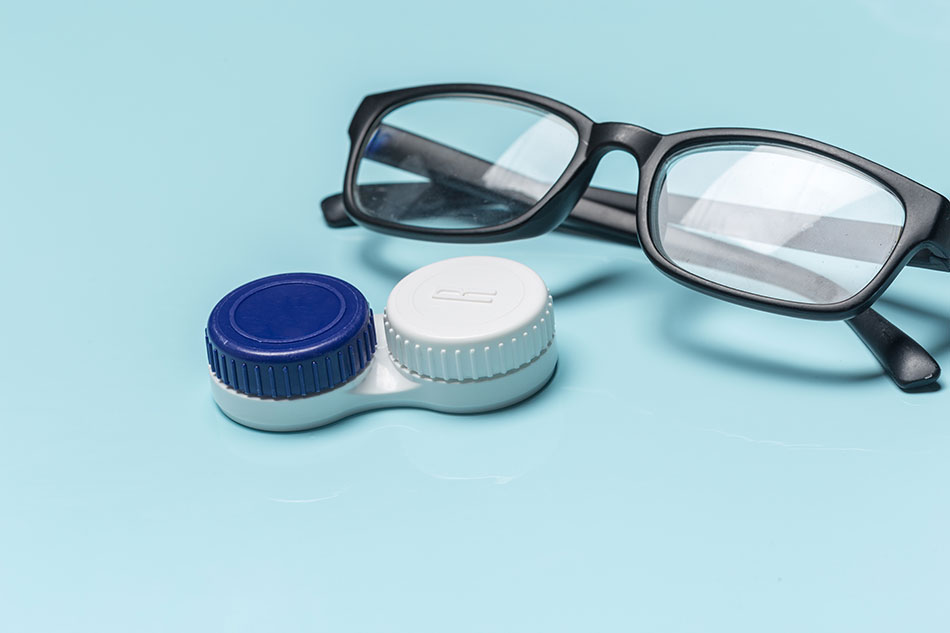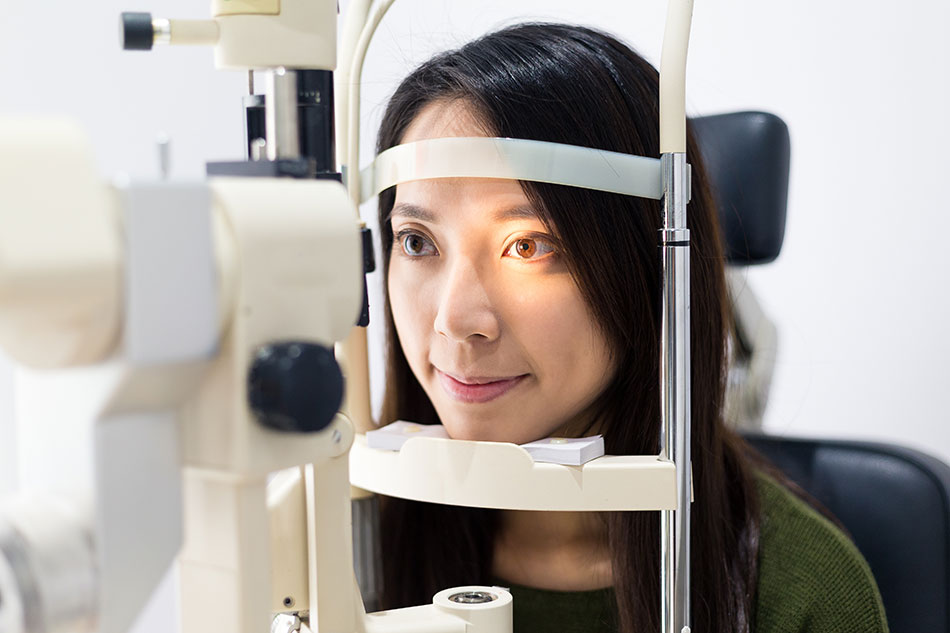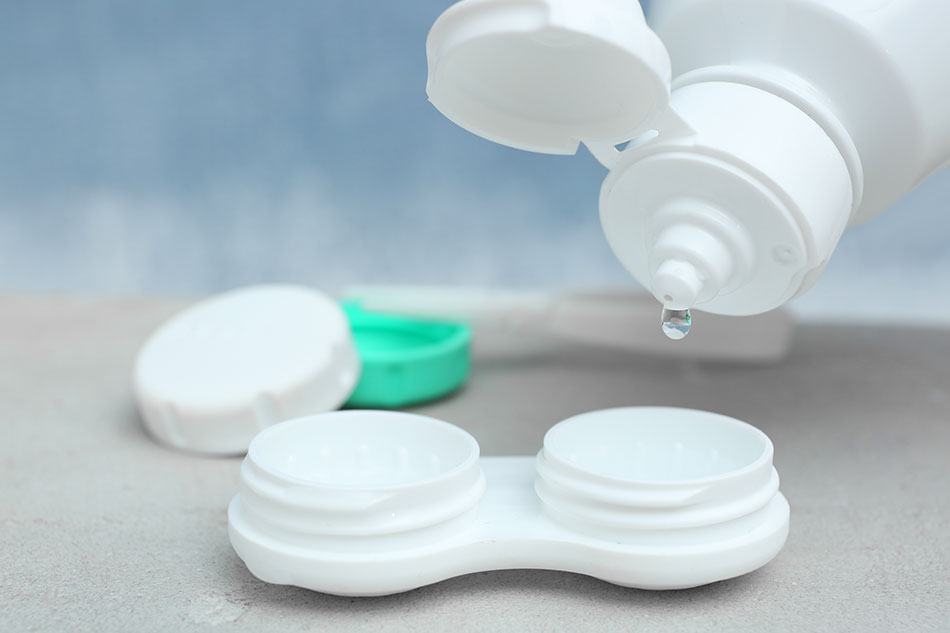Things You Need to Remember Before Getting Contacts

Around the world, as many as 1.3 billion people have some form of vision problem. In the United States alone, almost 189 million people need vision correction aids.
That's right. More than half of the people you meet in the U.S. use some vision correction tool! Maybe you’re one of them!
So, as someone who’s used eyeglasses for some time now, you've probably thought about getting contacts instead. This is a wise idea, especially if you often misplace your specs. FYI, a national survey found that glasses are the fifth most commonly misplaced item in the U.S.
There are several things to keep in mind before you ditch your glasses and grab some contacts. We've rounded up five of them, so make sure you keep reading!
1. Know the Basics of Contact Lenses
Contact lenses are thin pieces of plastic that cover the corneas. The cornea is the clear, front-most part of the eye that helps reflect light onto the retina.
Contacts exist to fix vision problems, one of which is nearsightedness (myopia). In the U.S., 4 in 10 people suffer from this eye condition. Contacts also help correct farsightedness (hyperopia). There are only about 5 to 10% of Americans who suffer from this condition.
Another issue contact lenses address is astigmatism. This condition is irregularities of the corneas, which leads to blurry vision.
That said, you need to first find out what your vision problems are before getting contact lenses. This’ll ensure you get the right type of contacts and enjoy better vision.
2. Eyeglasses vs. Contacts

“Should I get contact lenses or stick to glasses?” That question is likely the only reason you haven't made the switch yet.
Well, now you have a better idea of what you need to know about contacts. The next step is comparing them with eyeglasses. The decision of which one to get is almost completely based on your personal preferences.
For instance, you need to factor in comfort, lifestyle and convenience. And of course, don't forget your budget when comparing the two.
Here's a quick overview of the specific benefits that each of these vision correction tools offers.
Eyeglasses
Eyeglasses are a breeze to clean and maintain. You only need to give them a gentle wipe, after all. Depending on the complexity of the lenses, the add-on lens features (e.g. ultra-slim, scratch resistant, etc.) and whether or not the frames are a designer-brand, glasses may be more expensive than contacts. Simple glasses, however, may be cheaper than contact lenses, since you don't have to replace them that often.
Contact Lenses
Most people get contacts because of the freedom they offer, seeing as they go directly over the corneas. This then eliminates any breakage from dropping, a common issue with eyeglasses. This is especially true among those who have an active lifestyle, and those who love sports and the outdoors.
There's also the fact that unlike glasses, contacts don't obstruct your peripheral vision! Plus, you can enjoy corrective colored contacts as a great way to make some changes to your look.
3. Getting Contacts Requires an Eye Exam

This is especially important if it's your first time getting corrective contact lenses. Even if you wore contacts before, you still need to get another eye exam. Why? Because your vision needs are always changing.
During your appointment, the optometrist will first take your medical history. Expect a general and comprehensive eye exam. This includes determining your prescription needs and other tests to assess your overall eye health.
Make sure you share as many details as possible about your eyes and vision. That way, the doctor will have an easier time giving you an accurate diagnosis. Also, this can help uncover any underlying eye health conditions you may have.
From there, you'll don diagnostic (trial) lenses so the doctor can figure out what fits you. This may take longer than the few minutes it does when testing eyeglasses. That said, it's best you give yourself more time to be in the doctor's office.
Hot Tip: skip the eye makeup for the appointment. No eyeliner, no mascara, no eyeshadow. This will give the doctor a much clearer view of your entire eyes. And you won’t have to worry about your makeup getting smudged.
4. There Are Contacts That Need Little to No Maintenance
Soft lenses are the most common and preferred lenses, especially for newbies. They're quite comfortable, which makes getting accustomed to putting lenses in a cinch. They're the disposable kind of contacts.
You have several options, such as the daily disposable lenses. As the name suggests, you replace these every day. That makes them the most convenient of all contact lenses since you don't have to clean them after every use.
You'll also find weekly wear lenses, which you dispose of after, well, a week. In addition, there’s a myriad of 30-day lenses you can choose from if you want longer-lasting pairs. Again, these multi-day contacts require cleaning and storage every evening. So if you go with any of these options, make sure you know how to take care of your contacts.
5. Your Contact Lens Case Also Needs TLC

Your contact lens case needs as much TLC as the lenses themselves. In fact, many serious infections (although very rare) are due to ill-maintained cases. So before filling your case with solution, clean it first!
After putting in your contacts each morning, you should give the case a good scrub with hot water. Then, give it a final rinse with your contact lens solution. Ideally, you should leave it to air-dry all day, lids off, face-down in a clean, non-humid area. Once you’re ready to clean and store your contacts in the evening, your clean case will be waiting for you!
Also, know that frequent contact case replacement is necessary. At the very least, get a fresh case every three months. This way, you can further reduce your risk for eye infections.
Contacts Don’t Have to Be a Pain to You or Your Wallet
These are the most important details you need to know when getting contacts. With constant, careful practice, putting in and removing your lenses will become second nature. From there, you only need to schedule replacements, for both your contacts and your case.
Make sure to shop around and look for the most convenient and affordable options. With a reputable contact lens retailer, you can shop huge product selections and get your contacts shipped right to your door.
